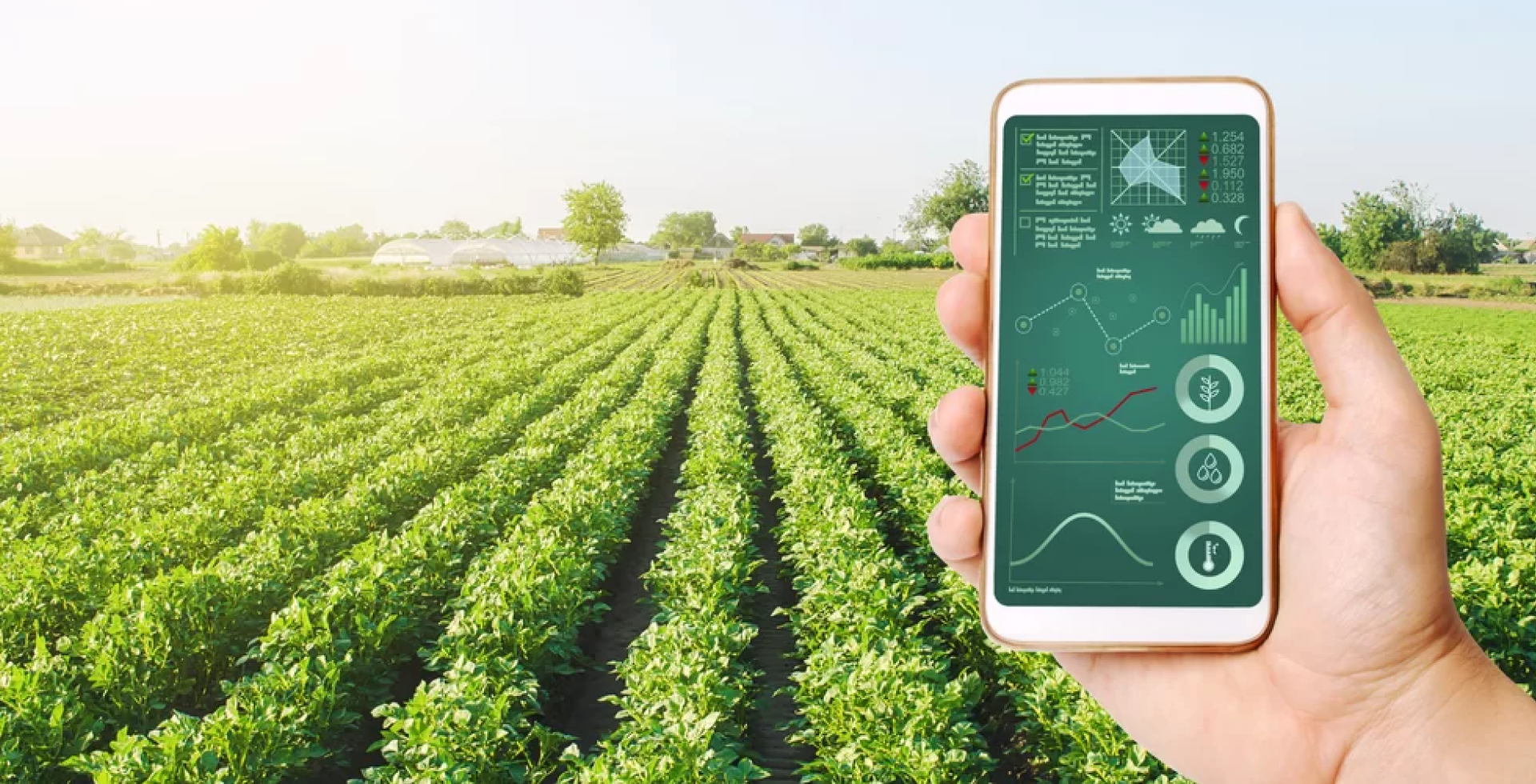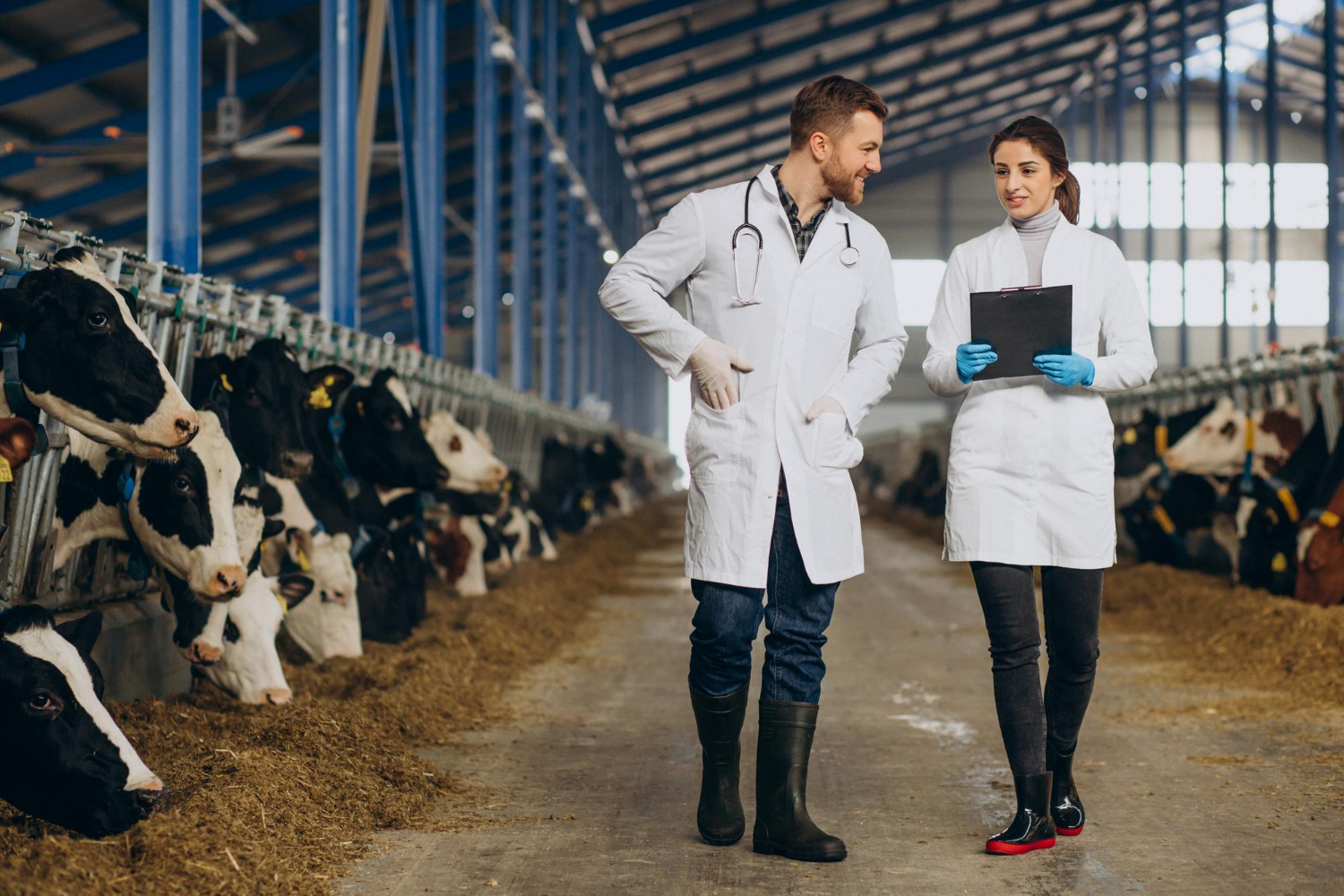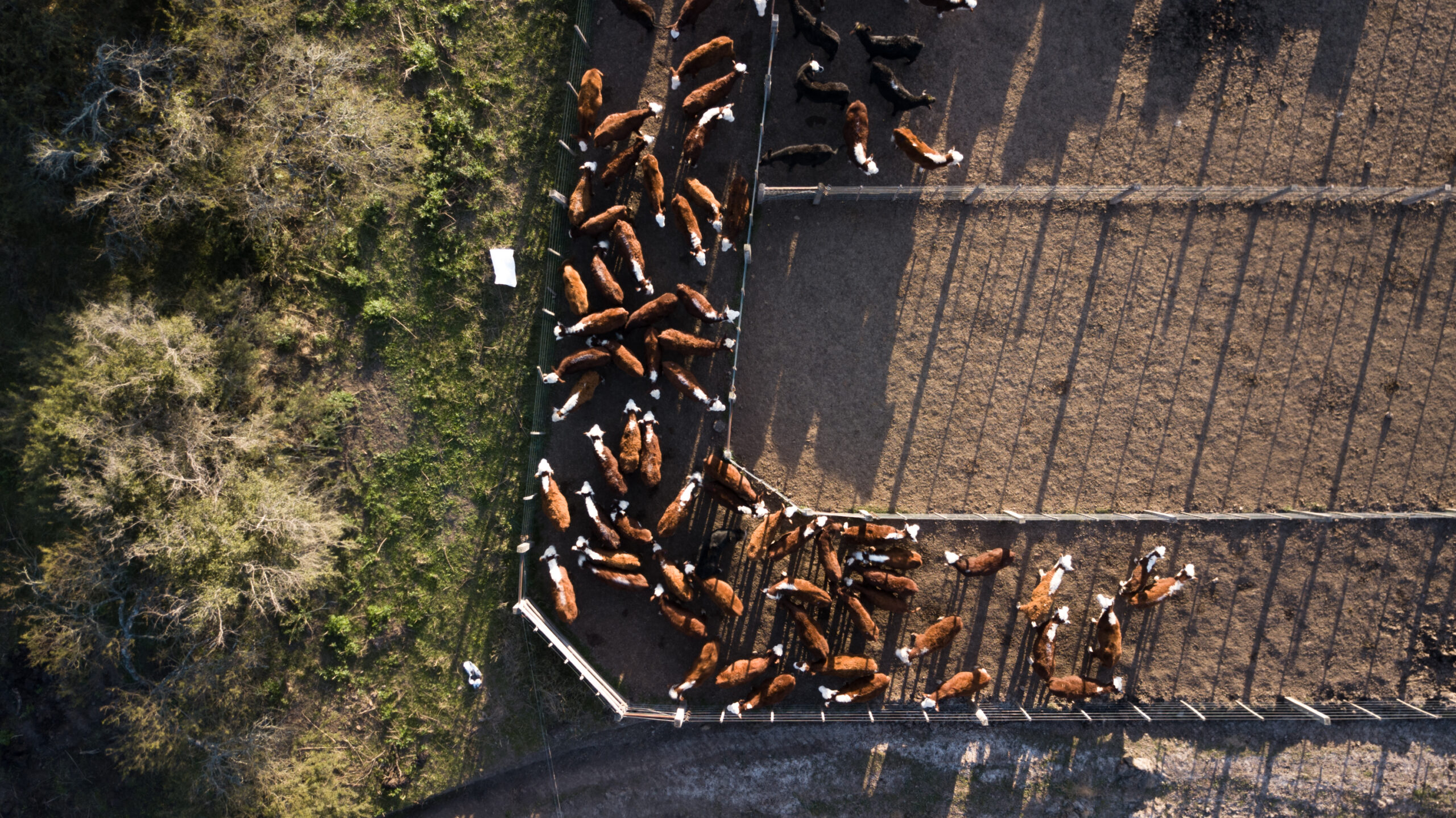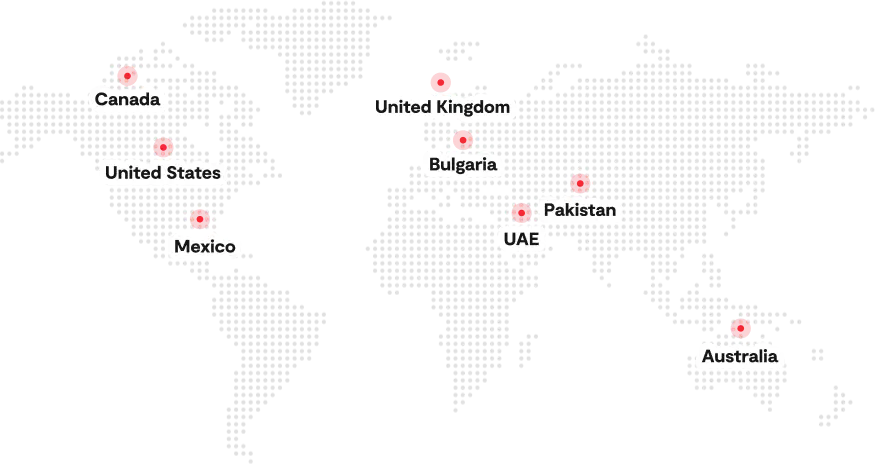In recent years, Technological advancements in agriculture have played a crucial role in transforming the agriculture industry. As the world’s population continues to grow, there is a rising demand for food, which has led to the adoption of modern technologies to increase agricultural productivity, efficiency, and sustainability. In this article, we will explore some of the technological advancements in agriculture and their impact on the industry.
Importance of Technological Advancements in Agriculture
Technological advancements, especially in agriculture, have become a necessity to meet the growing demand for food sustainably and efficiently, including ensuring food safety. Farmers can improve their yields, reduce costs, and minimize the environmental impact of farming practices by adopting modern agriculture technologies such as precision agriculture, drones, artificial intelligence, and food safety software.
These advancements also allow for better resource management, including water and fertilizer usage, which leads to more sustainable and efficient use of resources. In other words, technological advances in agriculture are essential for ensuring a stable supply of high-quality food to accommodate the needs of a growing global population.
Top 7 Revolutionary Technological Advancements in Agriculture
Here are the top 7, most remarkable technological advancements in agriculture.
1. Precision Agriculture
Precision agriculture is a modern approach that leverages advanced technologies to optimize crop yields, reduce costs, and improve efficiency.
Let’s look into some of its most eminent key points:
- It relies on data-driven decision-making, using sensors, GPS tracking, and mapping technologies to gather and analyze data about crops and soil conditions.
- By using precision agriculture, farmers can reduce waste and optimize resources such as water, fertilizer, and pesticides.
- It helps farmers identify potential issues before they become major problems, leading to higher yields and healthier crops.
- Precision agriculture is a sustainable practice that benefits farmers and consumers by ensuring a stable supply of high-quality food.
2. Industrial Automation
Industrial automation uses technology to automate and optimize various processes in the agriculture industry. Automated systems, such as robotics and drones, are increasingly used to plant, harvest, and maintain crops.
Some of its features include,
- This approach can reduce labor costs and improve efficiency by streamlining processes and reducing the risk of human error.
- It can also help farmers collect real-time data about their crops and soil conditions, allowing for more precise decision-making and greater control over farming practices.
- It is a growing trend expected to continue as technology advances, leading to more sustainable and efficient farming practices.
3. Automated Irrigation Systems
Automated irrigation systems are a technological advancement in agriculture that allows for more precise and efficient water usage.
These systems use sensors and data analytics to monitor soil moisture levels and deliver water directly to the roots of crops, reducing water waste.
- Examples of automated irrigation systems include drip irrigation, which delivers water directly to the roots of plants, and center pivot irrigation, which uses rotating sprinklers to distribute water.
- Automated irrigation systems can be controlled remotely, allowing farmers to adjust water delivery based on changing weather conditions or crop growth stages.
- By using automated irrigation systems, farmers can reduce water usage, increase crop yields, and save money on labor and water costs.
4. Remote Monitoring of Crops Using Sensors
Remote, routine monitoring of crops using sensors, along with crop management software, is a technological advancement that allows farmers to gather real-time data about their products and make informed decisions regarding farming practices.
- Sensors can monitor soil moisture levels, temperature, humidity, and other environmental factors affecting crop growth.
- Agriculture technology examples include moisture, temperature, and light sensors.
- This approach allows farmers to identify potential issues before they become major problems, leading to healthier crops and higher yields.
- Remote monitoring using sensors is a sustainable farming practice that reduces waste and improves efficiency, benefiting farmers and consumers.
5. Genetically Modified Crops
Genetically modified (GM) crops are a state-of-the-art technological advancement in agriculture developed to increase yields, improve resistance to pests and diseases, and enhance nutritional value.
- Examples of Technology in agriculture are GM crops, including corn, soybeans, cotton, and canola.
- GM crops are created by modifying the plant’s genetic makeup to introduce desired traits.
- This approach can lead to more efficient and sustainable farming practices by reducing the need for pesticides and herbicides.
6. Artificial Intelligence in Agriculture
Use of Artificial intelligence (AI) is a revolutionary technological advancement in the world of agriculture that allows for the automation of various processes and the collection of real-time data about crops and soil conditions.
AI can analyze weather patterns, soil conditions, and crop growth data, allowing for more precise decision-making.
- Examples of AI in agriculture include autonomous tractors, drones, and machine learning algorithms that analyze data and make recommendations to farmers.
- AI can help farmers reduce waste, optimize resource usage, and improve crop yields.
7. Agricultural Robotics
Agricultural robotics is a technological advancement that utilizes robotics to automate various farming processes.
- Examples include autonomous tractors and robotic harvesters.
- Agricultural robots can be used for tasks such as planting, harvesting, and spraying crops, reducing the need for manual labor.
- This approach can increase efficiency, reduce costs, and improve crop yields.
Benefits of Technology in Agriculture
Let’s look into some of the benefits of using innovative technologies in agriculture.
1. Increased Efficiency and Productivity:
The impact of technology on agriculture is more efficient and productive than ever before. With advanced machinery, precision farming techniques, and better use of data, farmers can maximize their yields and minimize waste.
2. Improved Sustainability:
Technology has enabled farmers to adopt more sustainable practices, such as precision irrigation and using sensors to monitor soil moisture and nutrients. This helps reduce water usage and chemical inputs, leading to a healthier and more resilient environment.
3. Better Quality Control:
It allows farmers to monitor and control every production process, from planting to harvesting. This allows them to maintain consistent quality and ensure their products meet strict standards and regulations.
4. Increased Access to Markets:
Technology innovation in agriculture has made it easier for farmers to connect with buyers and sell their products through online marketplaces and other digital platforms. Technology in agriculture can help them reach a wider audience and obtain better prices for their crops, ultimately improving their livelihoods
Conclusion
Technological advancements in agriculture have apparently brought about significant benefits to the farming industry. With the continued development and adaptation of new technological innovations, farmers and the agriculture industry can expect to see further improvements in the following years. Overall, Technology in agriculture has the potential to revolutionize the way we produce food and manage our natural resources, creating a more resilient and sustainable agricultural system for the future.
Q1: What is precision agriculture, and how does it work?
Precision agriculture is a modern approach and technological innovation used to optimize crop yields and minimize waste. It involves using sensors, drones, GPS mapping, and other advanced technologies to collect and analyze soil conditions, weather patterns, and crop growth data. This data is then used to make more informed decisions about when and where to plant, fertilize, irrigate, and harvest crops.
Q2: What are the benefits of using drones in agriculture?
Drones have become an increasingly popular tool in modern agriculture because they can quickly and efficiently collect data regarding crops and farmland. Drones in agriculture provide benefits such as improved crop management, increased efficiency, reduced labor costs, and better crop yields.
Q3: What is the role of big data and analytics in agriculture?
Modern agriculture benefits greatly from the use of big data and analytics because they give farmers useful information about the soil, weather, crop development, and other elements that affect crop yields and quality.
Q4: How can artificial intelligence (AI) be used in agriculture?
Artificial intelligence (AI) is a technological innovation in agriculture that can improve crop management, increase efficiency, and optimize resource usage by analyzing data and providing actionable insights for farmers.
Q4: What are some of the future technological advancements in agriculture?
Some future technological advancements in agriculture include autonomous machinery, robotics, gene editing, vertical farming, and blockchain-based supply chain management systems.





